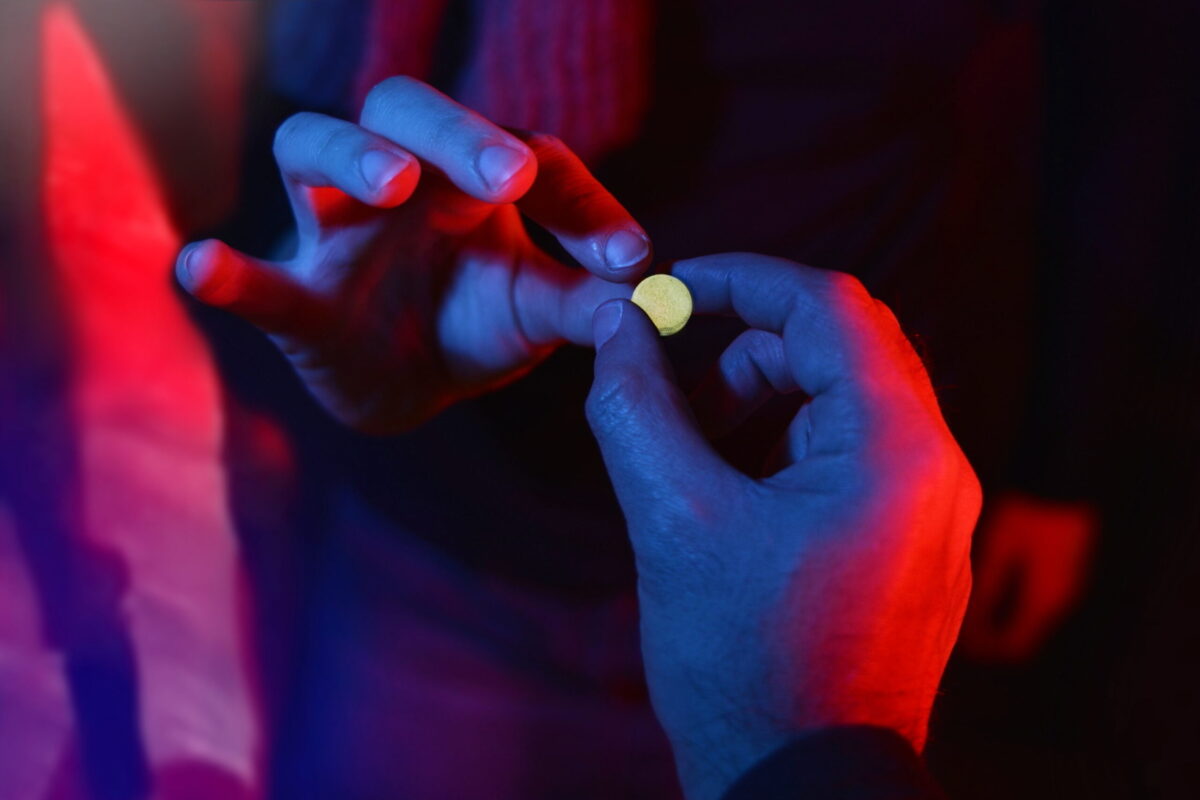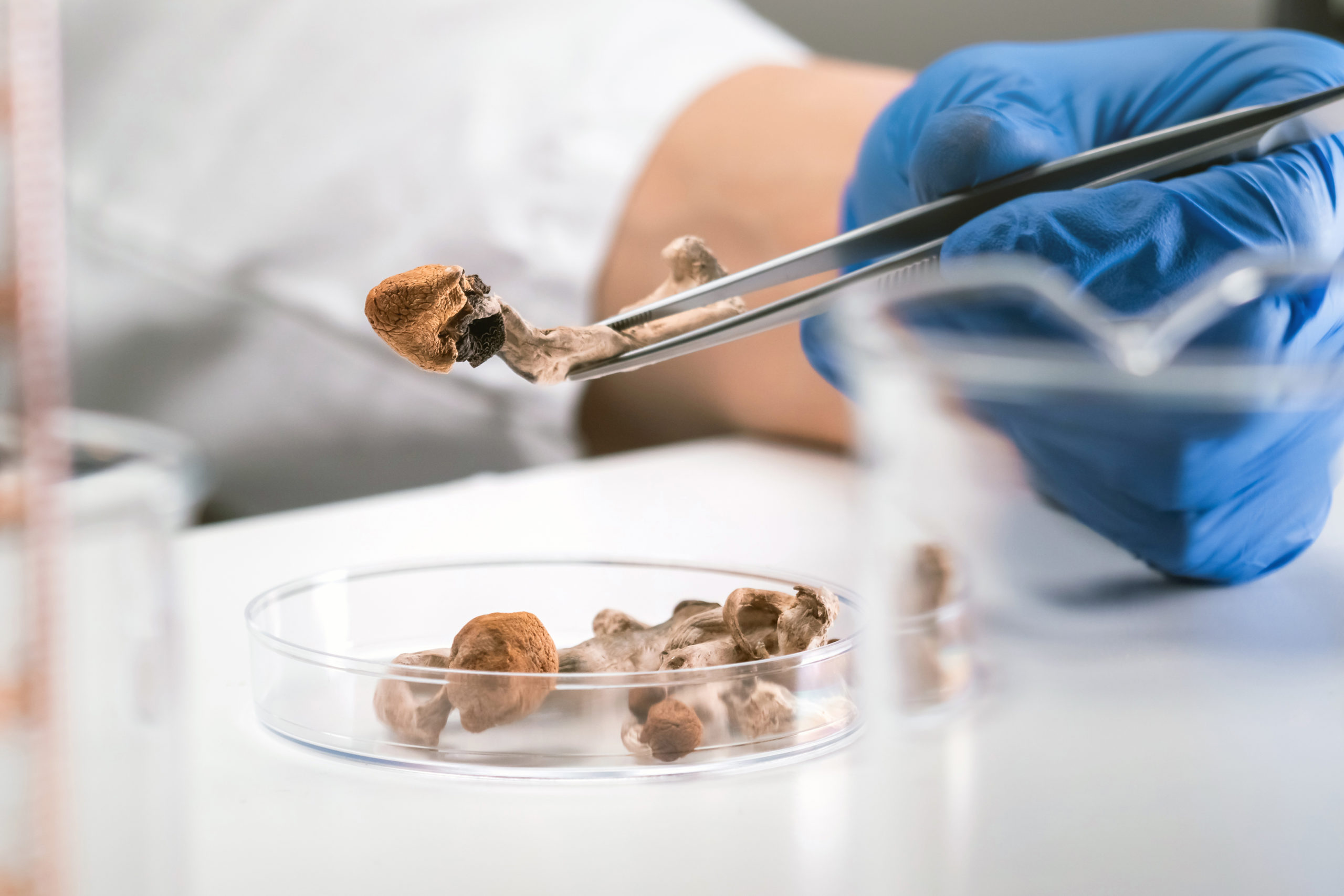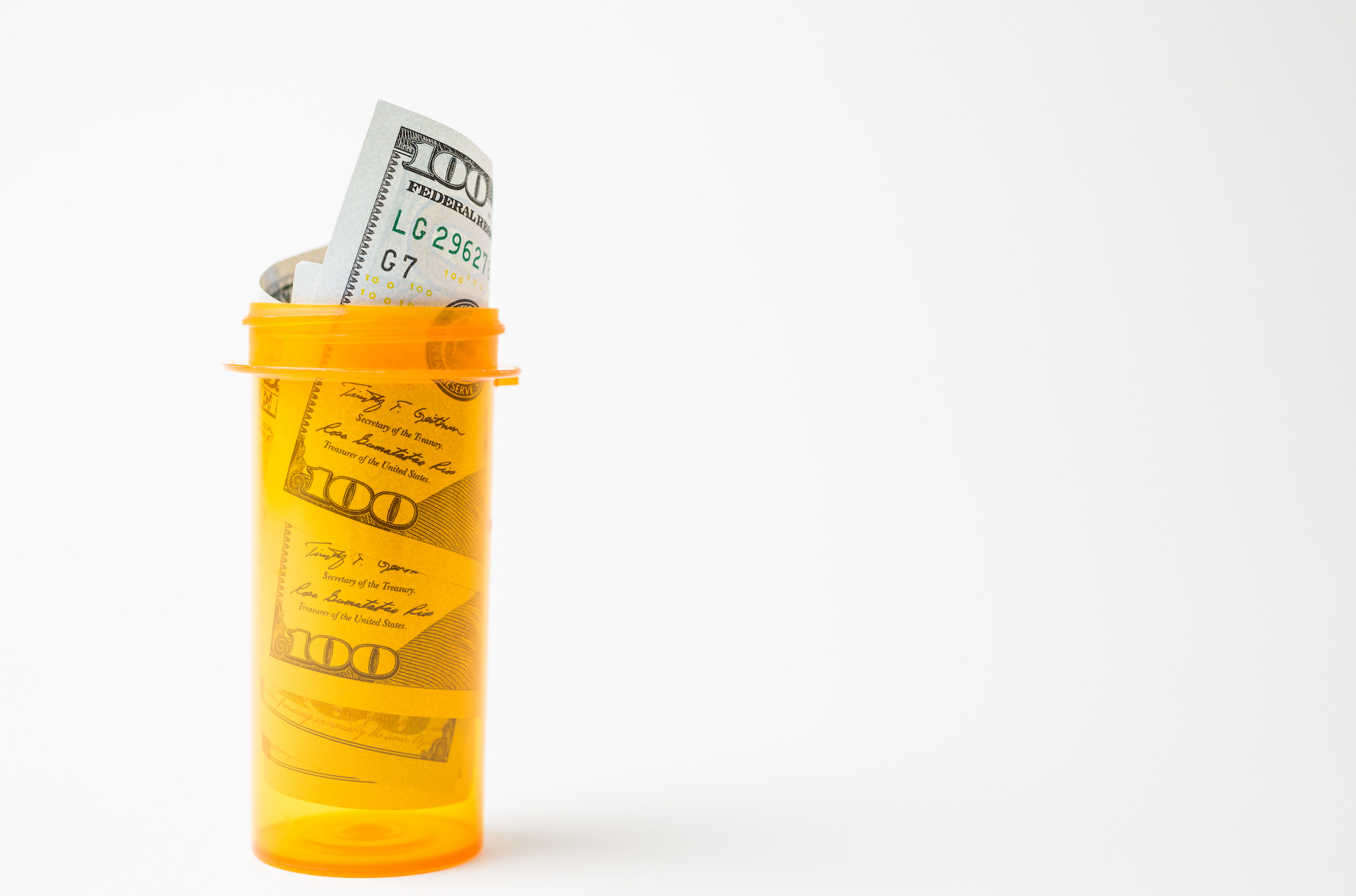Bioethics, Psychedelic Therapy Abuse, and the Risk of Ethics Washing
What challenges arise for bioethicists when taking on commissions to work for organizations that are emerging out of the psychedelic underground?

What challenges arise for bioethicists when taking on commissions to work for organizations that are emerging out of the psychedelic underground?

Historic and contemporary discussions on psychedelic and MDMA research largely ignore theories on power, control, and abusive interpersonal relationships.

Here, we examine hype in the context of a perennial tension at the heart of patenting communication: between advertising innovation and keeping it secret.

In short, 109’s creators’ stated intent to make psilocybin therapy accessible to help the growing mental health care crisis has resulted in a policy that doesn’t allow for any of it.

As a historian of psychoactive pharmaceuticals in the 20th century U.S., I see history rhyming in potentially dangerous ways in the current psychedelic boom.

There are a number of unique issues that psychedelics present in a clinical setting that are yet to be adequately addressed.

Many mental health provider directories contain inaccurate or outdated provider information, which creates a misleading illusion of accessible care.

A combination of high demand and a patent monopoly has created a perfect storm of profitability for Janssen’s Spravato.
